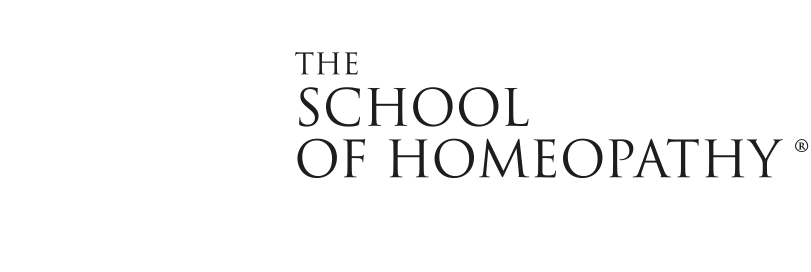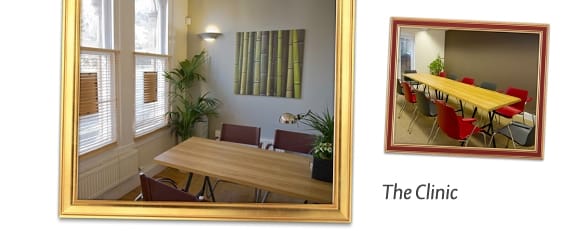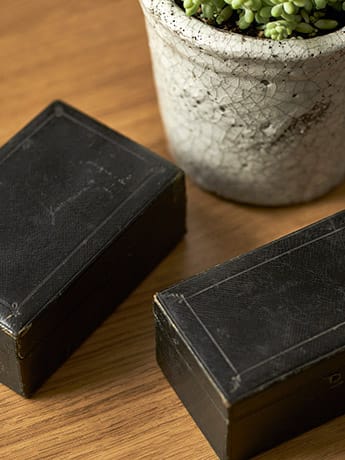
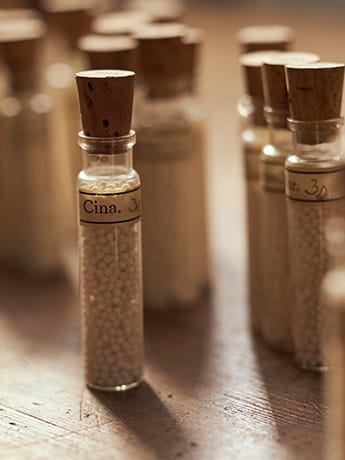
.jpg)
Assault
Assault refers to the act of intentionally causing physical harm or the apprehension of immediate physical harm to another person without their consent. It involves the threat or use of force, whether it be through physical contact, verbal threats or other forms of aggression. Assault can result in both physical and psychological harm, leaving lasting effects on the victim.
Homeopathy is a holistic system of medicine that works on the principle of "like cures like." It uses highly diluted substances to stimulate the body's own healing mechanisms. Homeopathic remedies can be effective in addressing anxiety by addressing the underlying causes and promoting overall wellbeing.
Here are seven commonly used homeopathic remedies for post-assault trauma:
1. Arnica montana (Arnica)
This is often the first remedy considered for any kind of trauma, including physical assault. It can help with shock, bruising, and soreness that may result from an assault. Arnica is particularly useful when there is a feeling of being beaten up, both physically and emotionally. Read more...
2. Staphysagria (Staphysagria)
A valuable remedy for emotional and physical trauma resulting from an assault it is often indicated when there is suppressed anger, humiliation, and a sense of violation. Staphysagria can help address feelings of powerlessness and promote emotional healing. Read more...
3. Aconitum napellus (Aconite)
This is useful in cases where there is intense fear, anxiety, and shock following an assault. It can help reduce the acute emotional and physical distress associated with the traumatic event. Aconite is often indicated when the person feels a strong sense of impending doom or terror. Read more...
4. Ignatia amara (Ignatia)
Beneficial for emotional distress resulting from an assault, particularly when there is profound grief, sadness and a tendency to suppress emotions. It can help with feelings of loss, disappointment and a sense of being emotionally wounded. Read more...
5. Natrum muriaticum (Natrum mur.)
This remedy is indicated when there is a prolonged grief reaction and a deep sense of sadness and isolation following an assault. It can help individuals who tend to bottle up their emotions, withdraw from others and who experience difficulty in expressing their feelings. Read more...
6. Phosphoric acid (Phosphoricum acidum)
A remedy recommended for individuals who experience extreme mental and physical exhaustion after an assault. It can help address the emotional and physical depletion that may result from the traumatic event. Phosphoric acid is useful when there is a sense of apathy, indifference and a loss of interest in life. Read more...
7. Opium
Beneficial when there is a state of deep shock, stupor, or disconnection resulting from an assault. It can help individuals who may feel emotionally detached, numb or who experience nightmares and sleep disturbances. Opium is often considered for cases where there is a sense of overwhelming horror and a difficulty in processing the traumatic experience.
It's important to consult with a qualified homeopathic practitioner for a thorough evaluation and proper prescription, especially when dealing with the emotional and physical aftermath of an assault. Homeopathic remedies can provide support and aid in the healing process, but professional guidance is essential.
Additionally, seeking support from trained therapists, counsellors, or support groups specializing in trauma and assault can be crucial for emotional healing and recovery. These professionals can provide a safe space to process the experience and develop coping strategies.
Practical advice and recommendations for those who have experienced assault:
1. Ensure your safety: If you are in immediate danger, prioritise your safety by removing yourself from the situation and seeking a safe environment. Contact emergency services or local authorities if necessary.
2. Seek medical attention: It's crucial to receive medical care after an assault, even if there are no visible injuries. A medical professional can assess your physical well-being, document any injuries and provide necessary treatments. They can also guide you on any preventive measures for sexually transmitted infections or other health concerns.
3. Report the assault: Consider reporting the assault to the appropriate authorities. This can help ensure that the perpetrator is held accountable for their actions and prevent further harm to others. Contact your local law enforcement agency or consult with a support organization for guidance on the reporting process.
4. Reach out for support: Seek emotional support from trusted friends, family members or support organisations specialising in assisting survivors of assault. Sharing your experience and feelings with compassionate individuals can provide validation, comfort and guidance in the healing process.
5. Consider therapy or counselling: Engaging in therapy or counselling with a trained professional can be immensely beneficial for navigating the emotional aftermath of assault. Therapists can provide a safe and confidential space to process your emotions, develop coping strategies and support your healing journey.
6. Self-care and self-compassion: Practice self-care by engaging in activities that bring you joy, comfort, and relaxation. This may include practicing mindfulness or meditation, engaging in physical exercise, pursuing hobbies or seeking solace in nature. Be patient and compassionate with yourself as you heal.
7. Legal and advocacy support: Seek legal assistance if you wish to pursue legal action against the perpetrator. Consult with a lawyer who specialises in assault cases to understand your rights, options and the legal process. Additionally, consider connecting with advocacy organisations that can offer guidance, resources and support throughout the legal proceedings.
Remember, every individual's healing journey is unique, and recovery takes time. It's essential to prioritise your well-being, surround yourself with supportive individuals and access the resources available to you. Seek professional help when needed and never hesitate to reach out for support.
If you need help why not contact us to arrange to speak to one of our homeopaths or complete the form below. We offer both in-person clinic appointments in Stroud or online consultations anywhere in the world.
More time to talk to a health professional
When you see a homeopath you are given the time to talk about all the symptoms you are experiencing. The first appointment usually lasts 90mins, with follow-up appointments lasting 45mins. Questions about your lifestyle, eating habits and preferences, temperament, personality, sleep patterns and medical history help the homeopath to form a complete picture of your health.
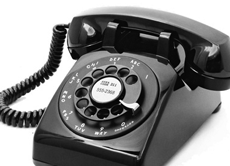
Call now to book an appointment at the Clinic.
01453 766 556
.jpg)
This clinic creates a beacon for homeopathy in Stroud; it brings homeopaths together; it acts as an international teaching facility for the School and it offers patients the highest quality of homeopathic treatment and care.
Mani Norland, Principal
